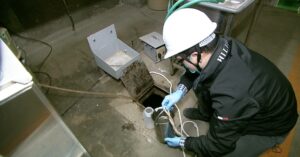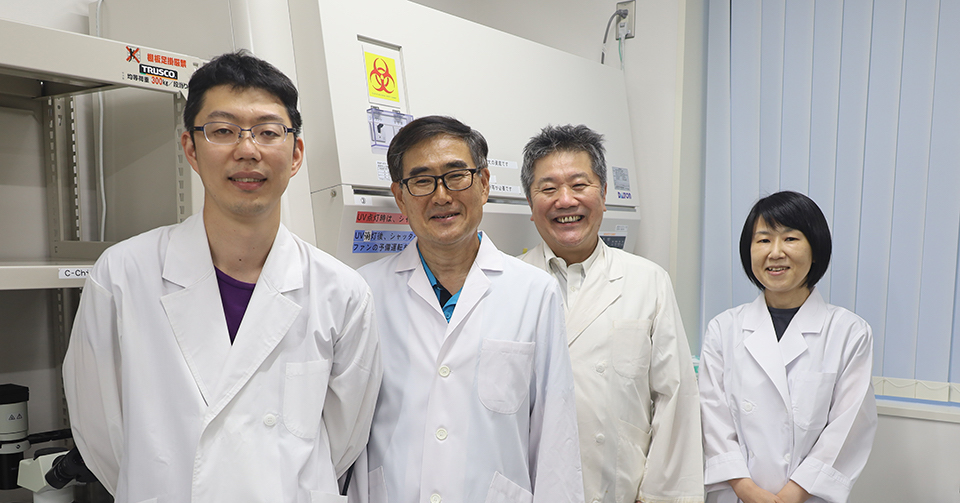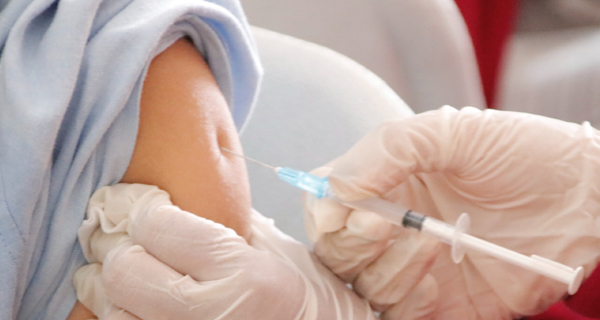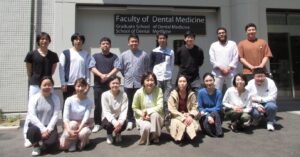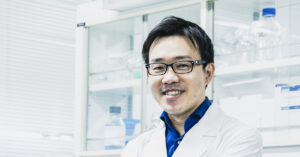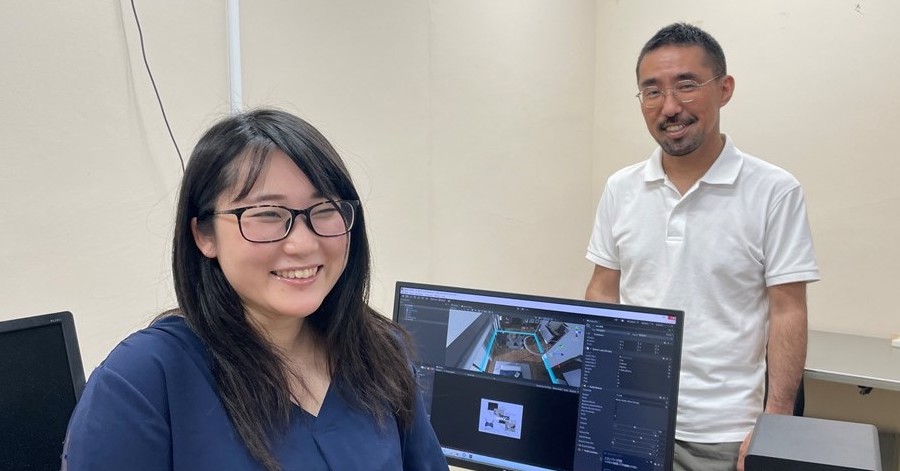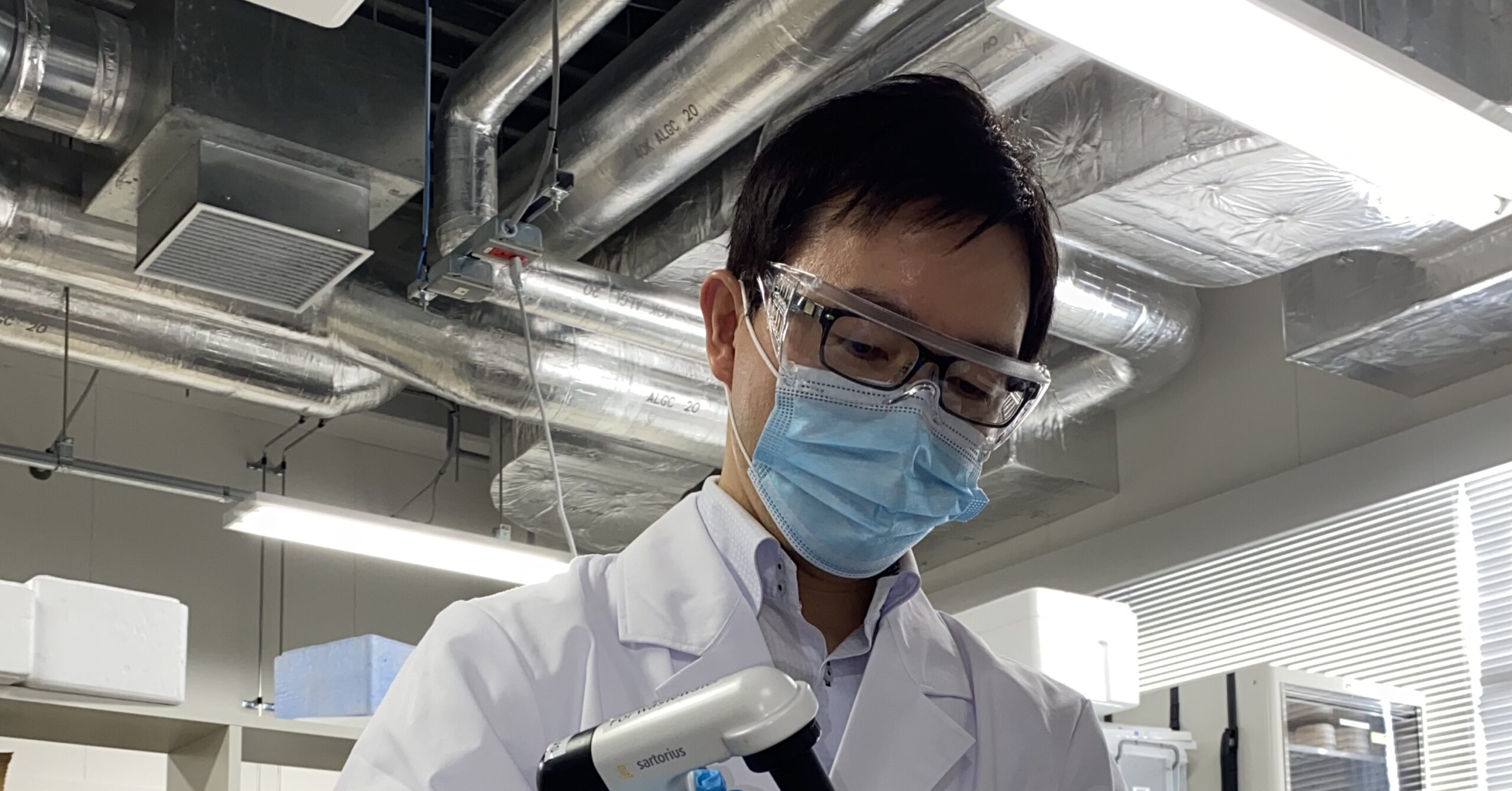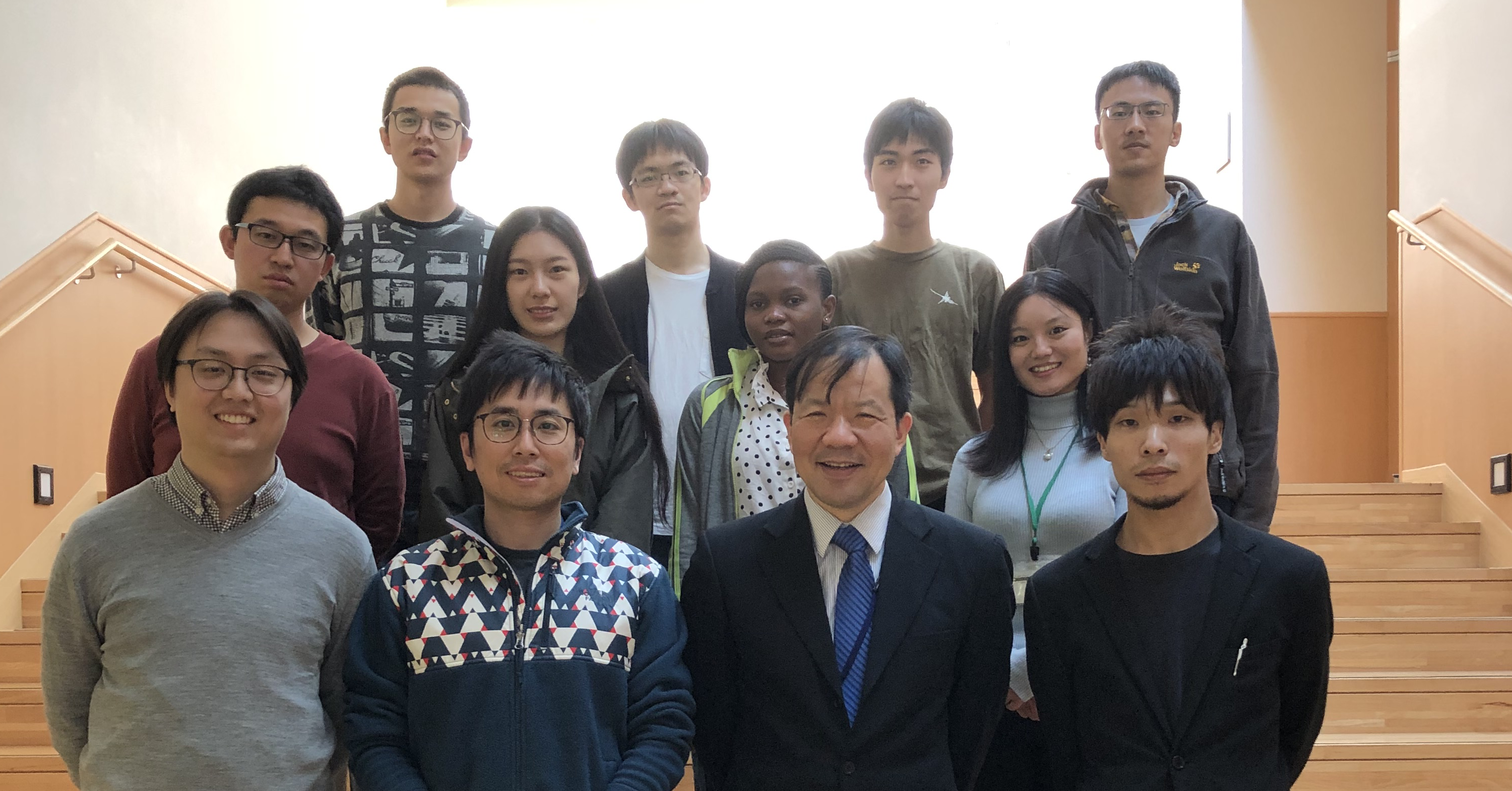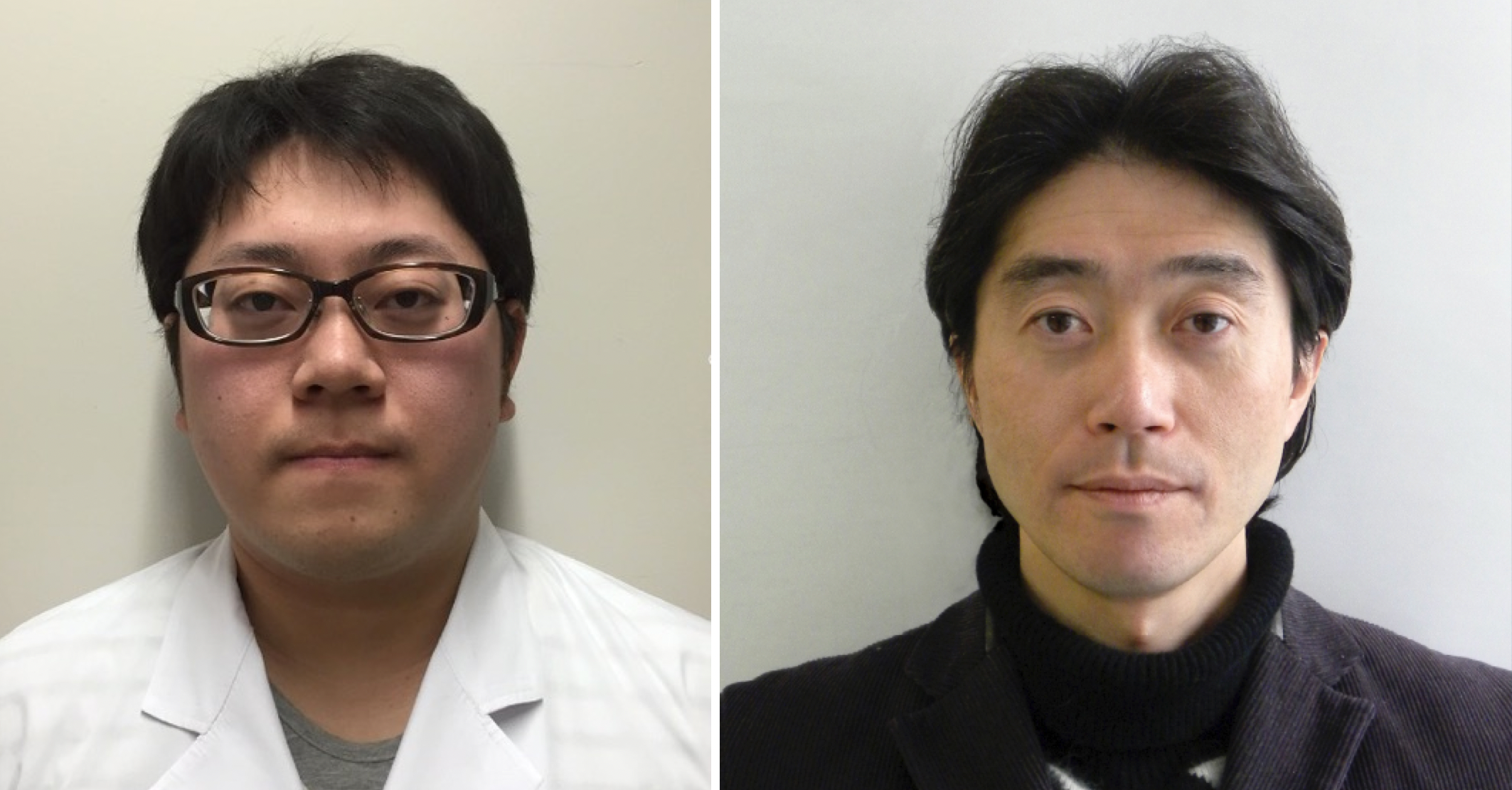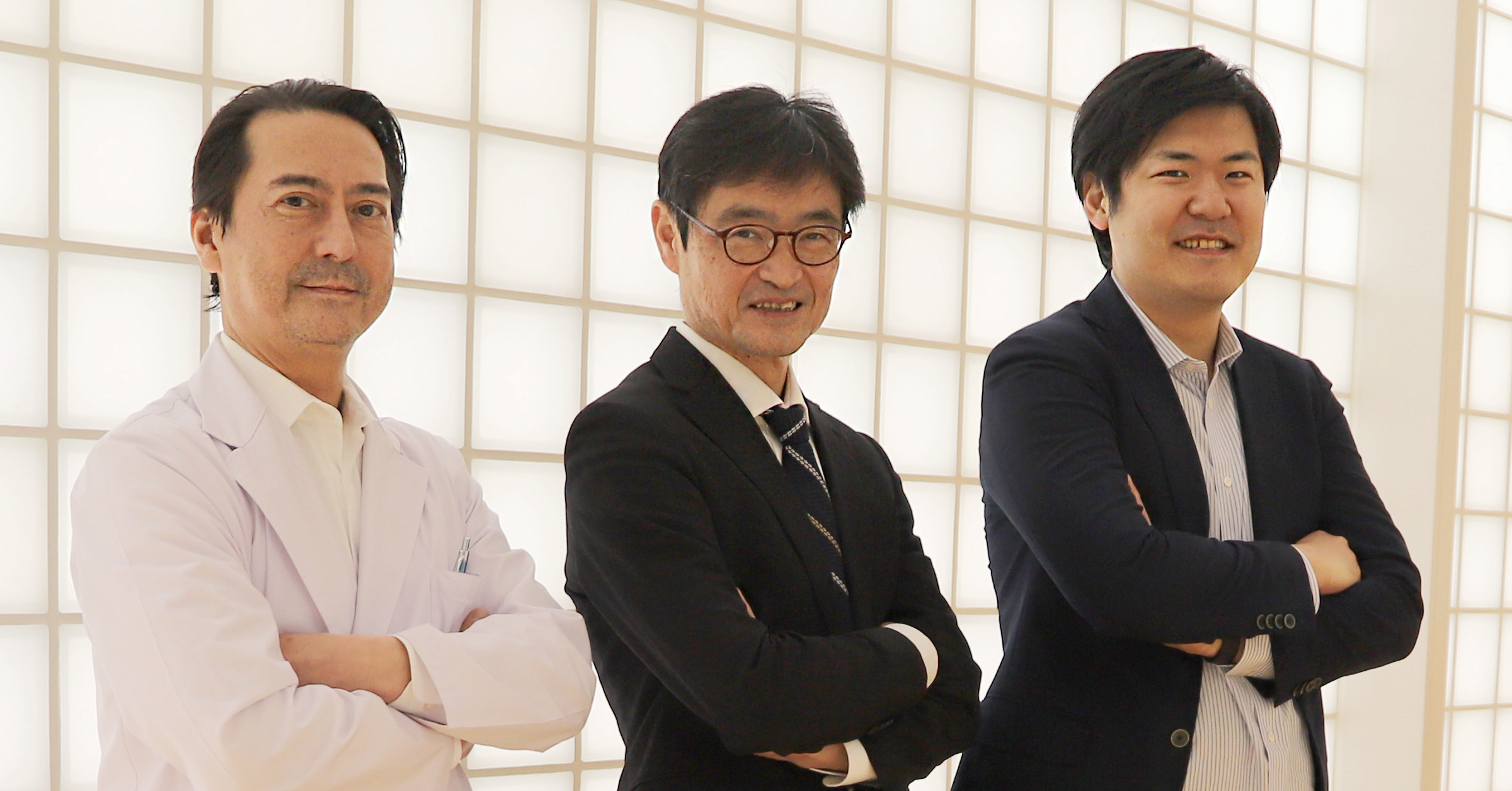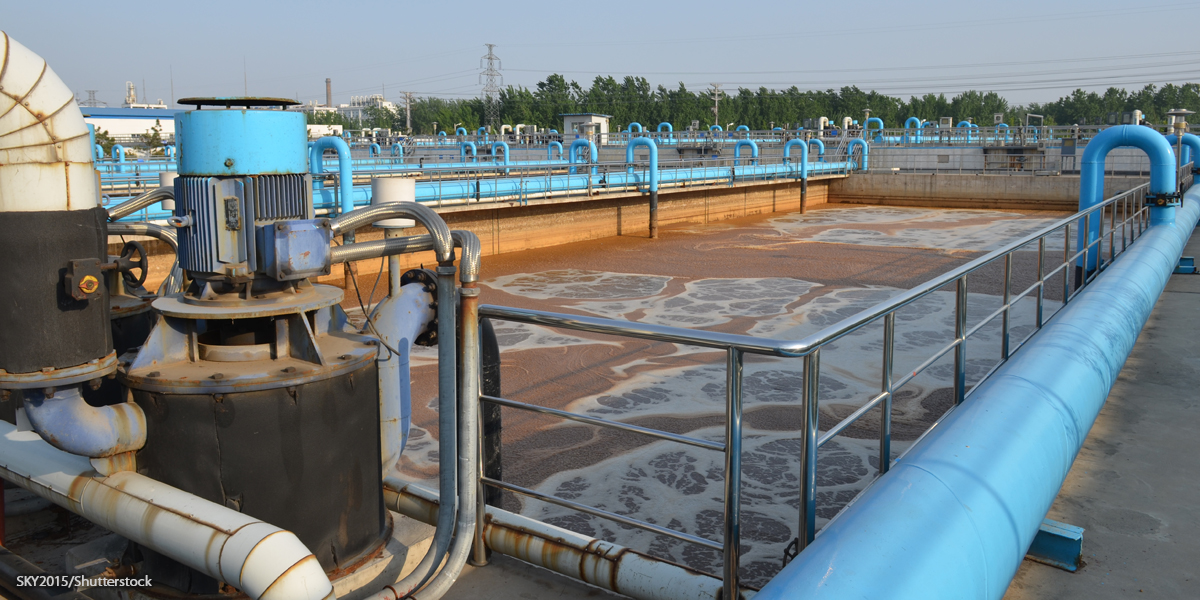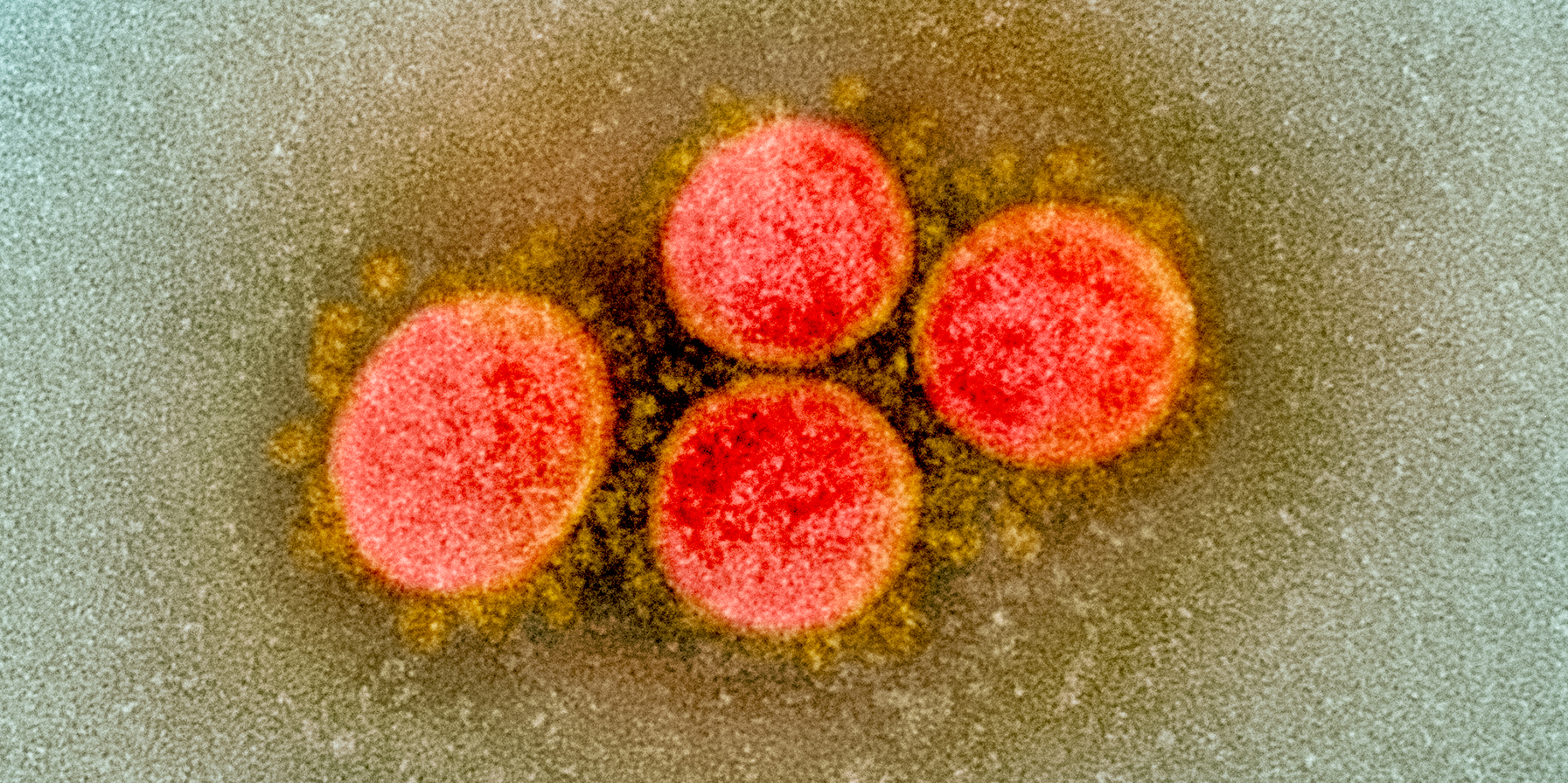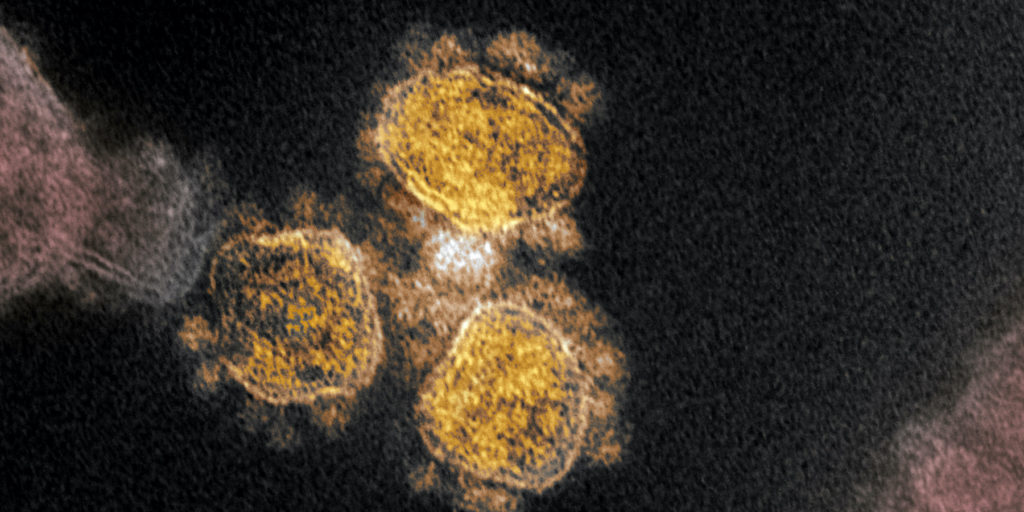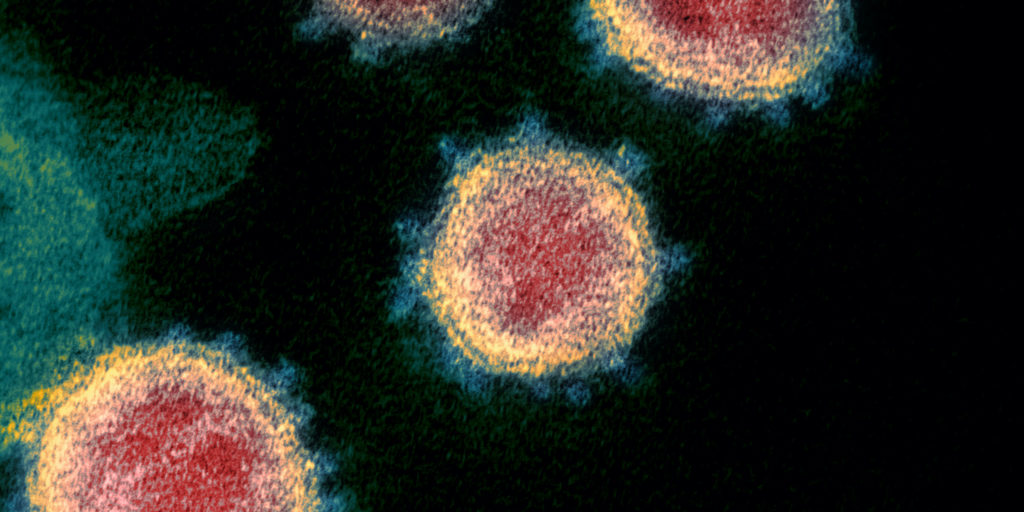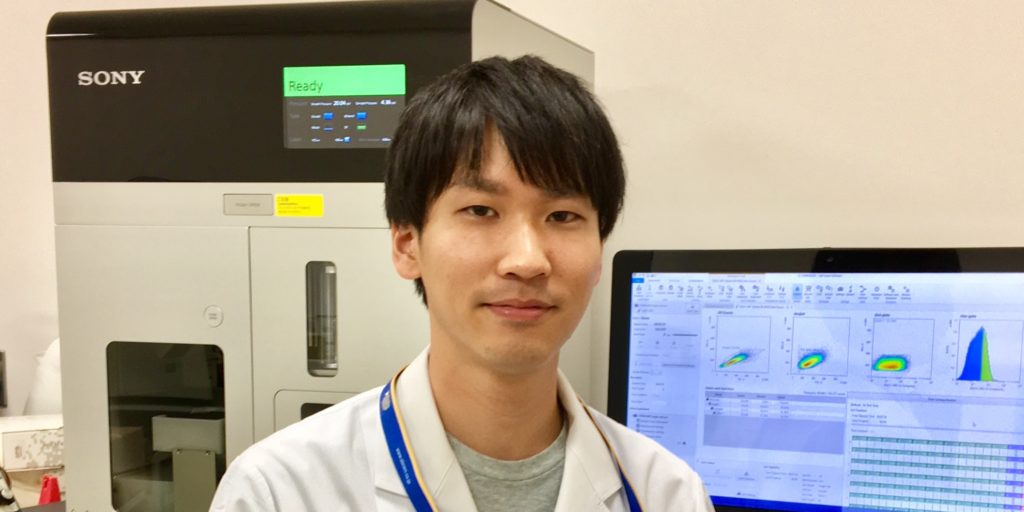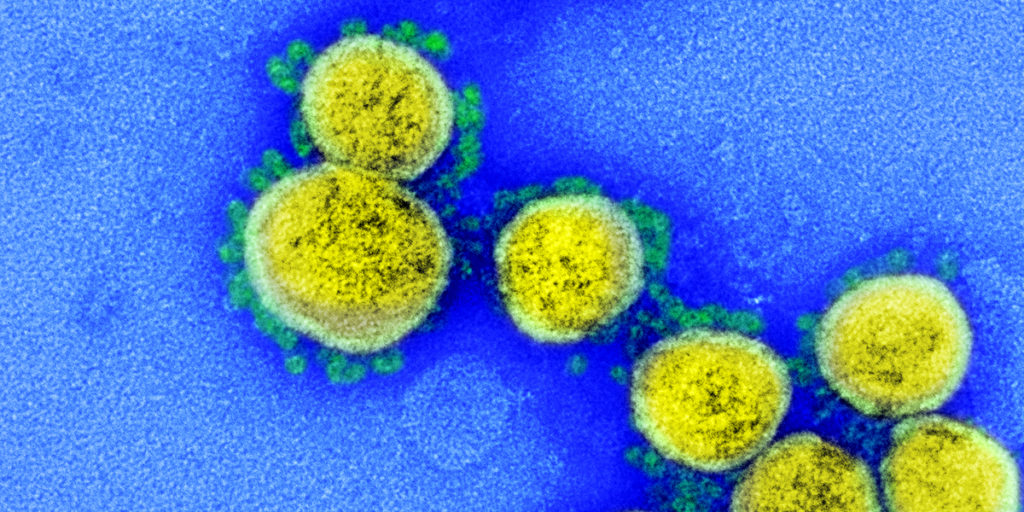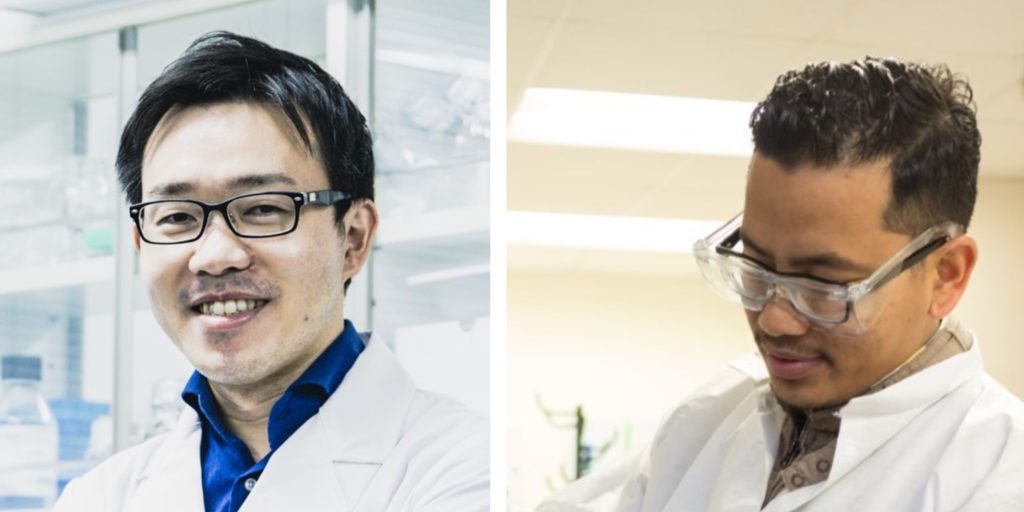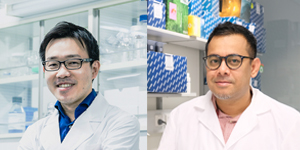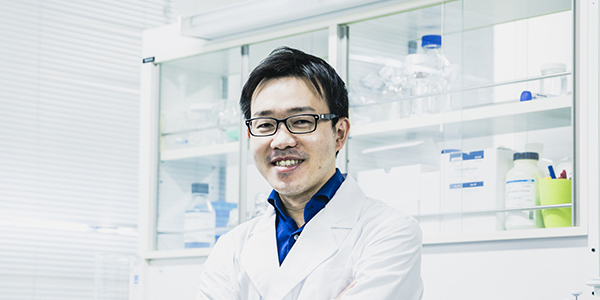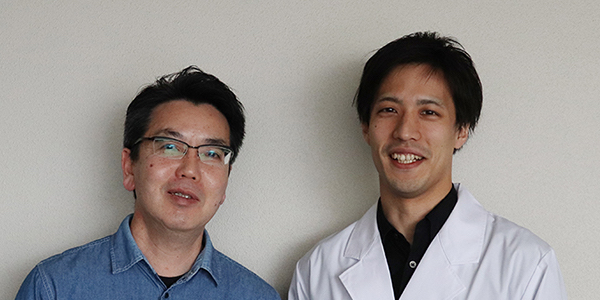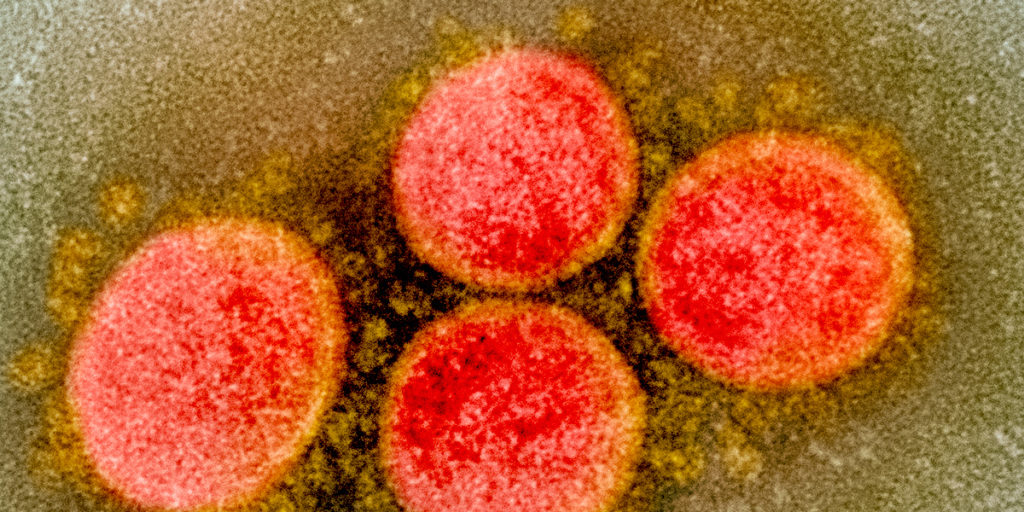COVID-19 Research at Hokkaido University
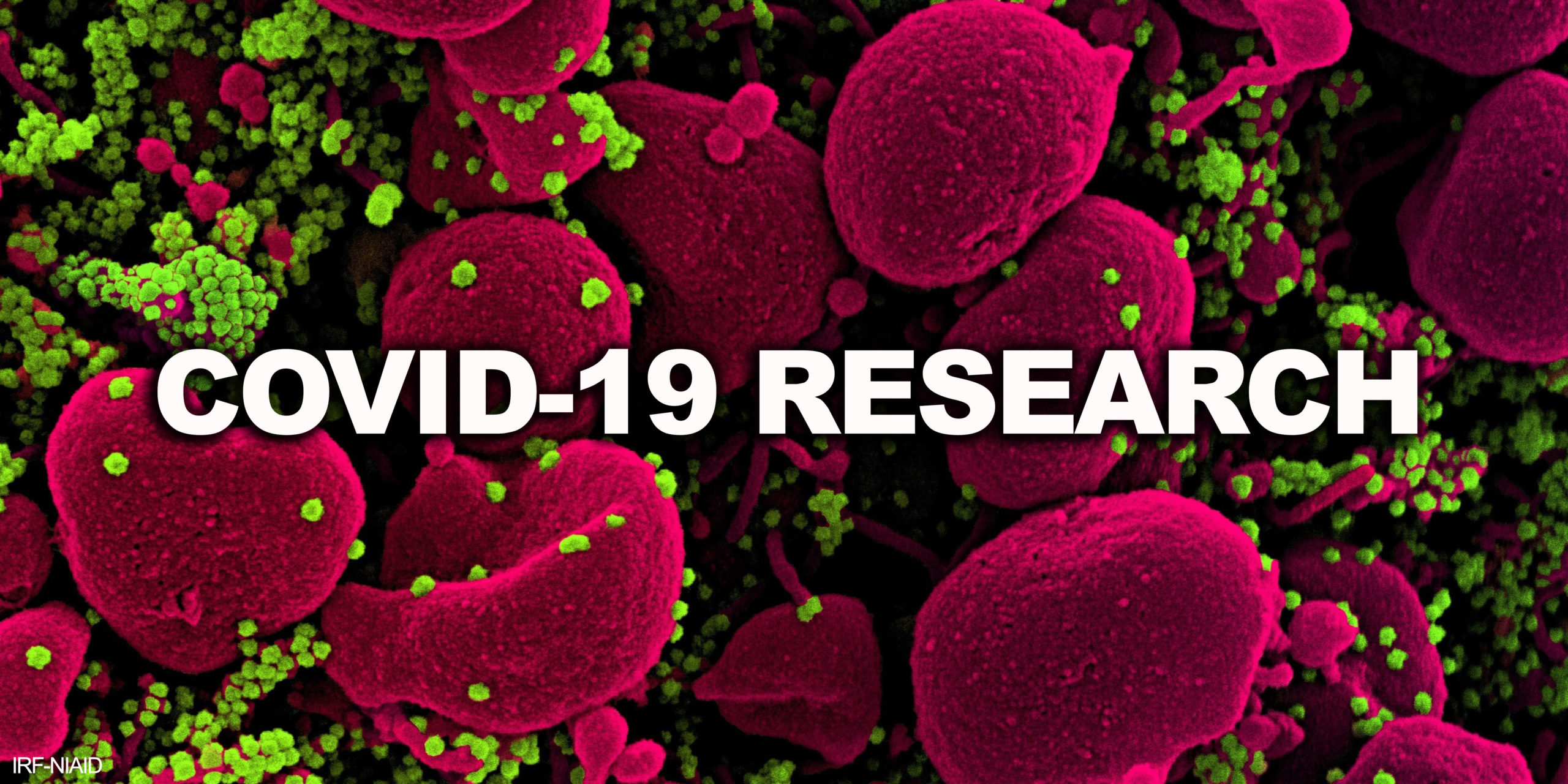
Researchers and scholars at Hokkaido University continue to study and conduct research during the pandemic. Resources for researchers during the COVID-19 pandemic can be found here.
Below is the list of research activities done by Hokkaido University’s researchers and collaborators on COVID-19:
|
©Masaaki Kitajima |
February 21, 2023 — Using sewage to forecast COVID-19 infections Sifting through sewage for SARS-CoV-2 genetic material could help authorities tailor infection control policies. |
|
International Institute for Zoonosis Control |
December 8, 2022 — New COVID-19 drug developed by Shionogi & Co., Ltd. and Hokkaido University approved in Japan Akihiko Sato, Shionogi & Co. Ltd On November 22, 2022, the Ministry of Health, Labour and Welfare of Japan approved Shionogi’s Xocova® Tablets 125 mg for the treatment of COVID-19. The development of Xocova was conducted jointly by Shionogi and the International Institute for Zoonosis Control at Hokkaido University. |
|
Ed Us/Unsplash |
October 12, 2022 — Time of day might not matter for COVID-19 vaccination A study in Japan finds antibody response to the Moderna COVID-19 mRNA vaccine does not vary depending on the time of day when the dose was received. |
|
RML/NIAID |
October 12, 2022 — Development of an automatable highly sensitive method for coronavirus detection in wastewater (COPMAN method) AdvanSentinel Inc. , Shionogi & Co., Ltd., and Masaaki Kitajima, associate professor at the Faculty of Engineering, Hokkaido University have developed a highly sensitive detection technology for SARS-CoV-2 RNA in wastewater (COPMAN method), in which most of the steps are compatible with automation. |
|
©Kyoko Hida |
October 6, 2022 — Mouthwashes may suppress SARS-CoV-2 Low concentrations of cetylpyridinium chloride, an antimicrobial agent present in mouthwashes, inhibit the infectivity of four variants of SARS-CoV-2. |
|
Patrick Federi/Unsplash |
September 29, 2022 — A rapid, highly sensitive method to measure SARS-CoV-2 in wastewater A simple and economical method of detecting SARS-CoV-2 viral loads in wastewater with high sensitivity has been developed, expanding the use of wastewater-based epidemiology for tracking the virus in populations. |
|
©Eiji Yoshioka, Sharon Hanley |
September 13, 2022 — Significant increase in suicide rates in women and younger age groups during the COVID-19 pandemic in Japan An estimated 1208 excess suicide deaths for men and 1825 for women were recorded during the COVID-19 Pandemic in Japan through December 2021, with the impact being greatest in women and younger age groups. |
|
©Masaaki Kitajima |
August 23, 2022 — Wastewater viral loads can provide advance warning of COVID-19 outbreaks Scientists show that there is a close association between clinical cases of COVID-19 and viral loads in wastewater, with SARS-CoV-2 viral loads in wastewater increasing up to two days before the cases were detected. |
|
©Jun I. Kawahara |
June 17, 2022 — Transparent face masks protect while facilitating communication Commercially available transparent face masks allow for the perception of facial expressions while suppressing the dispersion of respiratory droplets that spread the SARS-CoV-2 virus, and thus have a clear advantage over surgical face masks. |
|
©Masaaki Kitajima |
February 3, 2022 — Tracking SARS-CoV-2 during Tokyo 2020 via wastewater Wastewater-based epidemiological tracking of COVID-19 in the Tokyo 2020 Olympic and Paralympic village showed that SARS-CoV-2 was present in areas without diagnosed individuals. |
|
©Koichi Kobayashi |
December 7, 2021 — Revealed: How SARS-CoV-2 evades our immune system Hirofumi Sawa, International Institute for Zoonosis Control Scientists at Hokkaido University and Texas A&M University have identified a key mechanism used by the SARS-CoV-2 virus to evade host immune systems. |
|
©Miki Kamatani |
July 22, 2021 — Pandemic changed perceptions of masked faces The Covid-19 pandemic has improved perceptions of facial attractiveness and healthiness of people wearing face masks in Japan. |
|
©Manabu Tokeshi |
July 15, 2021 — A rapid method to quantify antibodies against SARS-CoV-2 Scientists have developed a rapid, highly accurate test to detect antibodies against the spike protein of SARS-CoV-2 in human serum, opening a new avenue for understanding the full extent of the pandemic and evaluating the effectiveness of vaccines. |
|
©Taisho Yamada, Akinori Takaoka |
May 21, 2021 — A novel defense mechanism for SARS-CoV-2 discovered Scientists from Hokkaido University have discovered a novel defensive response to SARS-CoV-2 that involves the viral pattern recognition receptor RIG-I. Upregulating expression of this protein could strengthen the immune response in COPD patients. |
|
|
May 20, 2021 — A rapid antigen test for SARS-CoV-2 in saliva Isao Yokota and Takanori Teshima, Faculty of Medicine Scientists from Hokkaido University have shown that an antigen-based test for quantifying SARS-CoV-2 in saliva samples is simple, rapid, and more conducive for mass-screening. |
|
|
April 14, 2021 — Wastewater surveillance to monitor COVID-19 starts in Osaka Prefecture Masaaki Kitajima, Faculty of Engineering On April 15, 2021, Hokkaido University and Shionogi & Co., Ltd. will start to monitor COVID-19 in Osaka Prefecture based on wastewater-based epidemiology (WBE), with the cooperation of the Prefectural Government. |
|
|
April 13, 2021 — A Novel, quick, and easy system for genetic analysis of SARS-CoV-2 Takasuke Fukuhara, Graduate School of Medicine Researchers from Osaka University and Hokkaido University develop a system for analyzing mutations in SARS-CoV-2 that is much simpler and faster than existing methods. |
|
|
March 19, 2021 — Establishing an Automated System for the Analysis of SARS-CoV-2 in Wastewater Masaaki Kitajima, Faculty of Engineering On March 19, 2021, Hokkaido University, Robotic Biology Institute Inc., iLAC Co., Ltd., and Shionogi & Co., Ltd. have entered into a memorandum of understanding (MOU) toward the establishment of an automated system for the analysis of the novel coronavirus (SARS-CoV-2) in wastewater. |
|
|
October 12, 2020 — Age does not contribute to COVID-19 susceptibility Ryosuke Omori, Research Center for Zoonosis Control Scientists have estimated that the age of an individual does not indicate how likely they are to be infected by SARS-CoV-2. However, development of symptoms, progression of the disease, and mortality are age-dependent. |
|
|
September 28, 2020 – COVID-19: Saliva tests could detect the silent carriers Takanori Teshima, Faculty of Medicine Testing self-collected saliva samples could offer an easy and effective mass testing approach for detecting asymptomatic COVID-19. |
|
|
September 24, 2020 – Genetic variation unlikely to influence COVID-19 morbidity and mortality Ji-Won Lee, Graduate School of Dental Medicine A comprehensive search of genetic variation databases has revealed no significant differences across populations and ethnic groups in seven genes associated with viral entry of SARS-CoV-2. |
|
|
September 8, 2020 – Cellular-level interactions that lead to the cytokine storm in COVID-19 Ryo Otsuka and Ken-ichiro Seino, Institute for Genetic Medicine Scientists review macrophage activation syndrome — a feature of the cytokine storm that kills patients with severe cases of COVID-19, as well as possible treatments. |
|
|
August 28, 2020 – Growth rate of the COVID-19 pandemic may be obscured due to changes in testing rates Ryosuke Omori, Research Center for Zoonosis Control Scientists have reviewed reported cases and testing data of COVID-19 and have determined that changes in the testing rate may be masking the true growth rate and extent of the pandemic. |
|
|
August 26, 2020 – SARS-CoV-2 RNA detected in untreated wastewater from Louisiana Masaaki Kitajima, Faculty of Engineering A group of scientists have detected genetic material from SARS-CoV-2 in untreated wastewater samples collected in April 2020 from two wastewater treatment plants in Louisiana, USA. |
|
|
August 12, 2020 – A quick, cost-effective method to track the spread of COVID-19 through untreated wastewater Masaaki Kitajima, Faculty of Engineering A group of researchers have demonstrated that, from seven methods commonly used to test for viruses in untreated wastewater, an adsorption-extraction technique can most efficiently detect SARS-CoV-2. This gives us another tool to detect the presence and spread of the COVID-19 pandemic. |
|
|
May 25, 2020 – Using wastewater to monitor COVID-19 Masaaki Kitajima, Faculty of Engineering Wastewater could be used as a surveillance tool to monitor the invasion, spread and eradication of COVID-19 in communities. |
|
|
May 22, 2020 – New technology can detect anti-virus antibody in 20 minutes Manabu Tokeshi, Faculty of Engineering Researchers have succeeded in detecting anti-avian influenza virus antibody in blood serum within 20 minutes, using a portable analyzer they have developed to conduct rapid on-site bio tests. If a suitable reagent is developed, this technology could be used to detect antibodies against SARS-CoV-2, the causative virus of COVID-19. |
|
|
May 20, 2020 – COVID-19 Cytokine storm: Possible mechanism for the deadly respiratory syndrome Masaaki Murakami, Institute for Genetic Medicine Research into how the SARS-CoV-2 virus induces death is suggesting potential treatments for its most destructive complications. |

